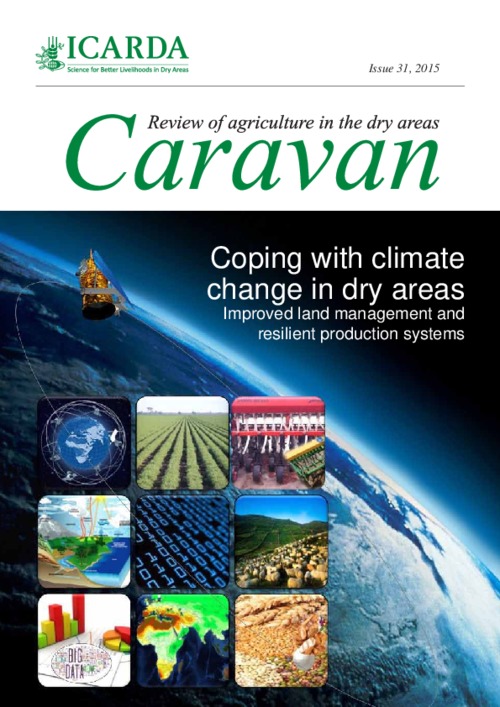The neoliberal agricultural modernization model: A fundamental cause for large‐scale land acquisition and counter land reform policies in the Mekong region
Large-scale land acquisition are not new in the Mekong region but have been encouraged and have gathered momentum since the end of the 90s, particularly Cambodia, Laos, and Myanmar. These acquisitions are realized by national and foreign companies from the region, particularly China, Vietnam, and Thailand in a movement strongly associated with economic globalization and neo-liberal policies which promote free flow of capital at the regional and global level and the adaptation of national spaces to the requirement of liberal and global markets (Peemans, 2013).
Accelerated deforestation driven by large-scale land acquisitions in Cambodia
Investment in agricultural land in the developing world has rapidly increased in the past two decades. In Cambodia, there has been a surge in economic land concessions, in which long-term leases are provided to foreign and domestic investors for economic development. More than two million hectares have been leased so far, sparking debate over the consequences for local communities and the environment.
Chinese Agricultural and Land Investments in Southeast Asia: A Preliminary Overview of Trends
As BRICS-led foreign investment in agriculture has increased dramatically worldwide in recent years, China in particular, has begun to secure huge quantities of foreign land as an additional measure for securing future food and energy supplies. While an increasing amount of academic research has been conducted on the expansion of land deals in Latin America and Africa in recent years, Southeast Asian cases are just beginning to receive significant attention and have become the focus of some emerging academic and non-academic research.
Land Acquisitions in Northeastern Cambodia: Space and Time matters
Over the last decade, the highlands of Ratanakiri province in northeastern Cambodia have witnessed massive land acquisitions and profound land use changes, mostly from forest covers to rubber plantation, which has contributed to rapidly and profoundly transform the livelihoods of smallholders relying primarily on family-based farming. Based on village- and households-level case studies in two districts of the province, this paper analyses this process and its mid-term consequences on local livelihoods. We first look at who has acquired land, where, how and at what pace.
Land issues in Vietnam 2006–14: Markets, property rights, and investment
This paper uses five waves of the Vietnam Access to Resources Household Survey (VARHS) to analyse land issues in Viet Nam from a number of different angles. The VARHS provides panel data at plot as well as household level and I use this rich data set to present descriptive results on landlessness, land fragmentation, land market activities, and land property rights. I use plot level, fixed effects regressions to investigate the effects of land titles (Land Use Certificates) on household investment.
Property Rights and Consumption Volatility: Evidence from a Land Reform in Vietnam
During Vietnam’s transition from a socialist to a market economy, household’s property rights over agricultural land were considerably strengthened through a land certification program. This resulted in active formal credit and land markets, either of which potentially affects consumption levels and volatility. This article evaluates the program impact with respect to consumption outcomes. In particular, it identifies the channel of impact through which improved property rights affect consumption volatility.
Utilization of an agricultural land as a basic capacity for corn and wheat production in Serbia and Ex-Yu countries
Analysis of collected data from 2011, in structure of used agricultural land in Serbia shows that dominated plough land and gardens and meadows and pastures, until in smaller percentage are orchards and vineyards. Almost the same relation is noticed in other republics of former Yugoslavia (meadow and pastures are the most prevalent view of using the agricultural land in Slovenia, Macedonia, B&H and Montenegro). Share of area under wheat notice smaller oscillation in all republics in the period 2008-2010, until yield per hectare is equalized for the same observed period.
Irrigation improvement projects in the Nile Delta: promises, challenges, surprises
L’accès durable des paysans à la terre : quel peut être l’apport des coopératives à la lutte contre l’accaparement des terres en Afrique ?
Depuis plusieurs années, on remarque une ruée sur les terres cultivables en Afrique. Ce déferlement peut s’expliquer par diverses raisons, telles que la recherche de nouvelles rentabilités à la suite de la crise financière actuelle, l’accroissement de l’investissement agricole pour assurer la sécurité alimentaire, l’encouragement de l’agrocarburant, etc. Toutefois, le phénomène n’est pas sans conséquence sur le bien-être des paysans locaux. Ces derniers, généralement réunis autour de sociétés coopératives, peuvent défendre leurs intérêts à travers diverses formes d’actions.
Caravan 31: Coping with climate change in dry areas
This issue of Caravan showcases some of ICARDA’s efforts of coping with climate change in dry areas with improved water land management and resilient production systems. These include initiatives in conservation agriculture which provide sustained production levels while conserving the ecosystems on which our entire food system is dependent upon. ICARDA continues to make significant contributions in the promotion of sustainable water land management approaches and technologies devised by researchers and farmers.





